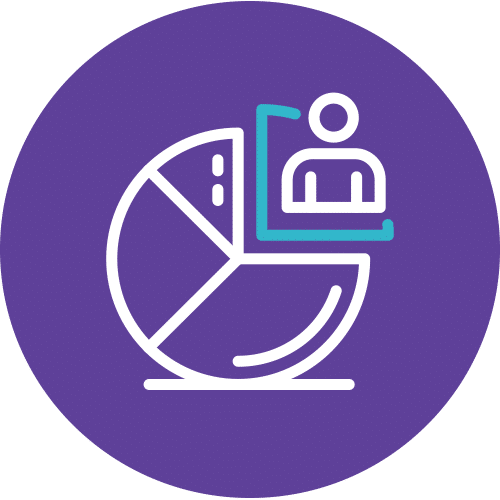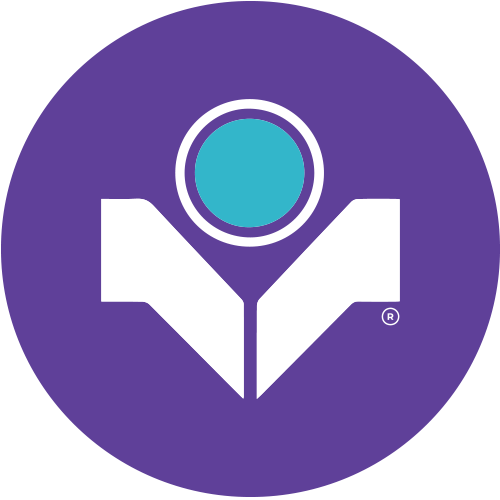Overview: PSPO Professional Scrum Product Owner
Professional Scrum Product Owner is a hands-on course designed to equip individuals with the skills and knowledge to excel in the role of a Product Owner. Professional Scrum Product Owner focuses on understanding the Product Owner’s responsibilities within the Scrum framework, including maximizing product value, managing the product backlog, and collaborating effectively with the development team and stakeholders. This course emphasizes practical application, ensuring you can directly apply what you learn to real-world scenarios.
In addition to hands-on learning, the Professional Scrum Product Owner course prepares participants for the Professional Scrum Product Owner I (PSPO I) certification exam. By the end of the Professional Scrum Product Owner course, you’ll be well-versed in the principles and practices that drive successful product ownership, ready to take on the challenges of maximizing product value and leading effective Scrum teams. Enroll in the Professional Scrum Product Owner course to advance your career and become a certified expert in product ownership within the Scrum framework.
A Deeper Dive into Scrum Product Ownership
In the Professional Scrum Product Owner course, we go beyond the basics, showing you how to maximize the value of software products and systems. You’ll learn what it takes to be a standout Product Owner in the Scrum framework. But it doesn’t stop there. We guide you through understanding value, collaborating with development teams, and applying modern product management techniques.
Your Path to Success
This course equips you with the skills to track and measure product value, create business models, Agile roadmaps, and forecasts, all while estimating features in terms of business value. Scrum.org endorses our program, ensuring you receive top-notch instruction from industry experts. Whether you’re a Product Owner, Agile product manager, or Scrum Master looking to enhance your coaching abilities, our Professional Scrum Product Owner course is your ticket to success.
Join Info Trek on this transformative journey and discover your true potential as a Scrum Product Owner.
Course Details
Course Code: PSPO; Instructor-led
The Professional Scrum Product Owner (PSPO) course is a 2-day course on how to maximize the value of software products and systems. Product Ownership in Scrum today requires more than knowledge of how to write requirements or manage a Product Backlog. Professional Scrum Product Owners need to have a concrete understanding of everything that drives value from their products.
Period.Students develop and solidify this understanding through instruction and team-based exercises. The breadth of the role’s responsibilities in delivering a successful product becomes clear from an Agile perspective on product management. Metrics are identified to track the creation of value and the successful delivery of it to the marketplace. This defines the perspective from which the role of the Product Owner in the Scrum framework is taught.
Professional Scrum Product Owner is THE cutting-edge course for Product Owners, Agile product managers and anyone responsible for a software product’s success in turbulent markets.
Scrum.org selects only the most qualified instructors to deliver this course. Scrum.org maintains the defined curriculum and materials to assure consistency and quality for students worldwide.
Audience
The Professional Scrum Product Owner course is targeted to Product Owners and anyone else accountable for maximizing the value delivered by software products and services.
Scrum Masters benefit from this course as their role often includes coaching Product Owners.
Prerequisites
Attendees make the most of the class if they:
- Have studied the Scrum Guide (required).
- Passed the Scrum Open assessment.
- Have a solid understanding of Scrum either through working on a Scrum Team, or through taking part in a Professional Scrum Foundations or similar course.
- Have been on or are closely involved with the product management aspects of a software product or application.
Methodology
This program will be conducted with interactive lectures, PowerPoint presentation, discussion and practical exercise.
Course Objectives
Upon completion of this program, participants should be able to:
- Understand the true role of Product Owner in Scrum and what makes it different to traditional project management
- Know how to collaborate with the Development Team and other roles in the organisation to maximize product’s value
- Apply modern techniques in managing products in the organisation
- Track and measure the delivery of product’s value using value driven metrics
- Create a business model for the products being developed
- Create an Agile plan and road map for product development
- Create a forecast and release dates for product delivery
- Know how to estimate product’s features in terms of business value
Outlines
- Scrum theory includes time-boxing, and specific roles, rules, and artifacts. All elements of Scrum complement each other to form a consistent whole. All work is performed in Sprints. All base rules, events, and roles are described in the Scrum Guide, the acknowledged Scrum body of knowledge. Each part of Scrum ties back to the principles and theory.
- This is foundational knowledge for every Scrum Team member and anyone involved with Scrum. Product Owners know how to take advantage of the business opportunities unlocked with the Scrum framework in delivering value to the market place every 30 days, or less.
- Scrum is founded on empirical process theory to deal with the complexity typical to software development. All principles and values of Scrum are based on the fundamental view of software development as creative and complex work.
- Scrum Masters know how Scrum implements empiricism in software development. They explain how the Scrum principles tie back to the empirical nature of Scrum, and how they are fundamentally different from those of more traditional software development approaches.
- Scrum Masters understand the impact of the transparency that Scrum brings and requires, and how Scrum is best used to increase an organization’s agility.
- Scrum Teams are self-organizing and cross-functional; which is very different from traditional development groups.
- Product Owners acknowledge the self-organizing skills of Development Teams and how Development Teams organize their development work in creating Done Increments of product. Product Owners understand how their accountability is complementary to that of a Development Team, and not conflicting
- Scrum is a foundation to unlock business agility. Scrum in itself however is–by design–incomplete. Agility will be much higher if Scrum is complemented by strategies for Agile product management and when metrics are in place to track the creation and delivery of value to the market place.
- A Product Owner is accountable for the Product Backlog, and the ordering of all work that is identified for the product. Product Backlog is used to manage the requirements and can be used to plan releases, and track and report on progress.










